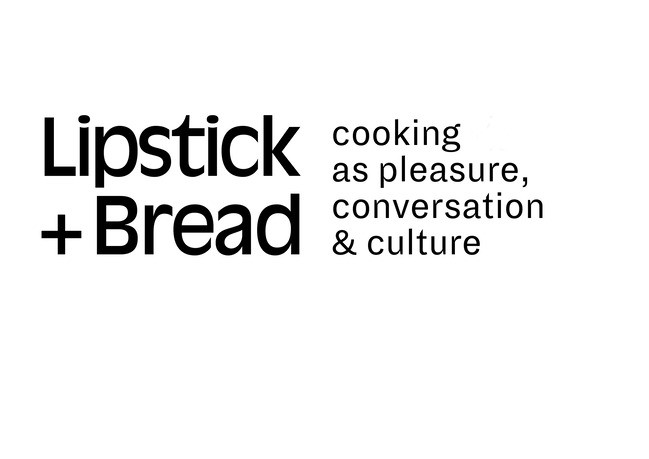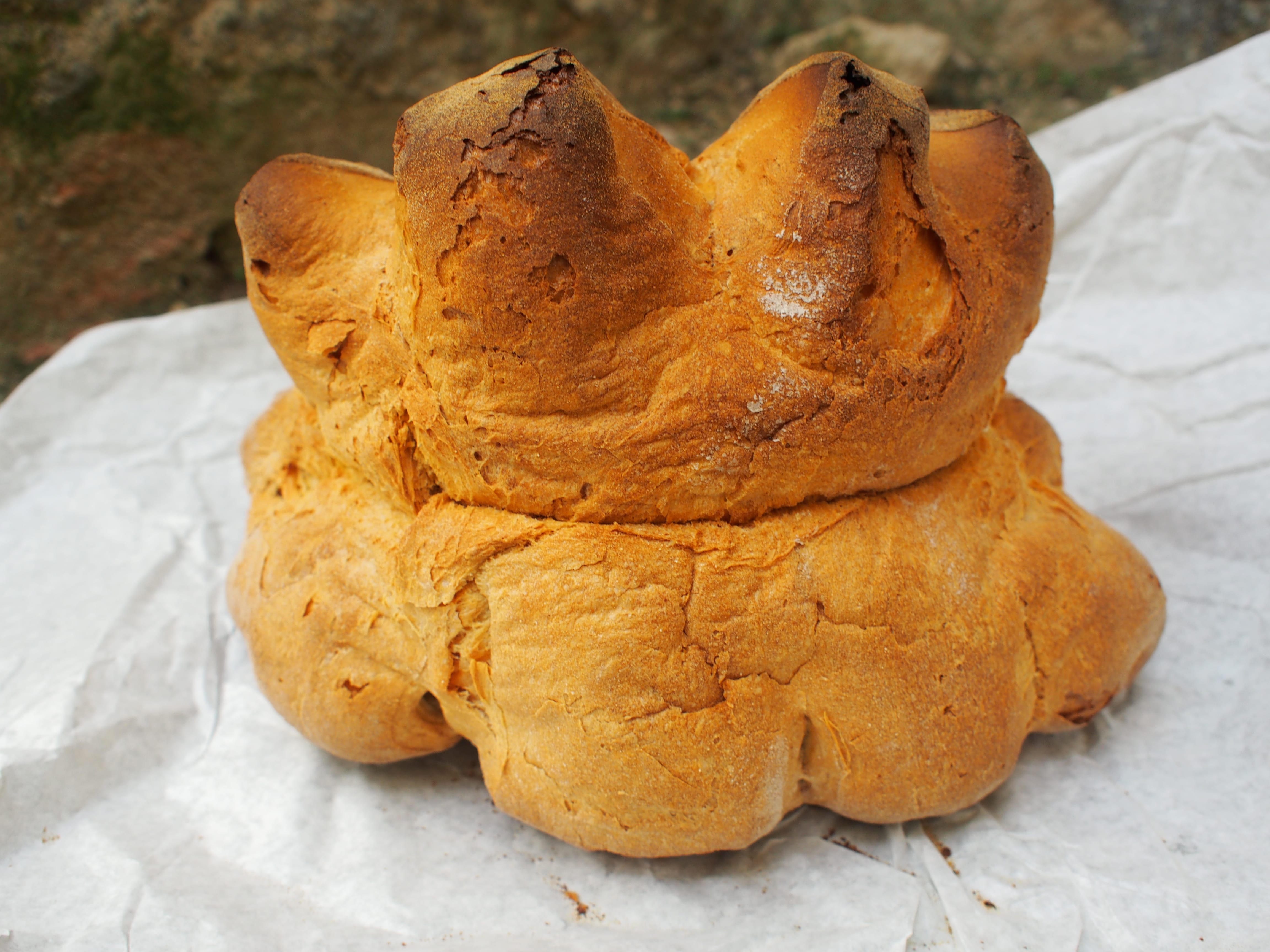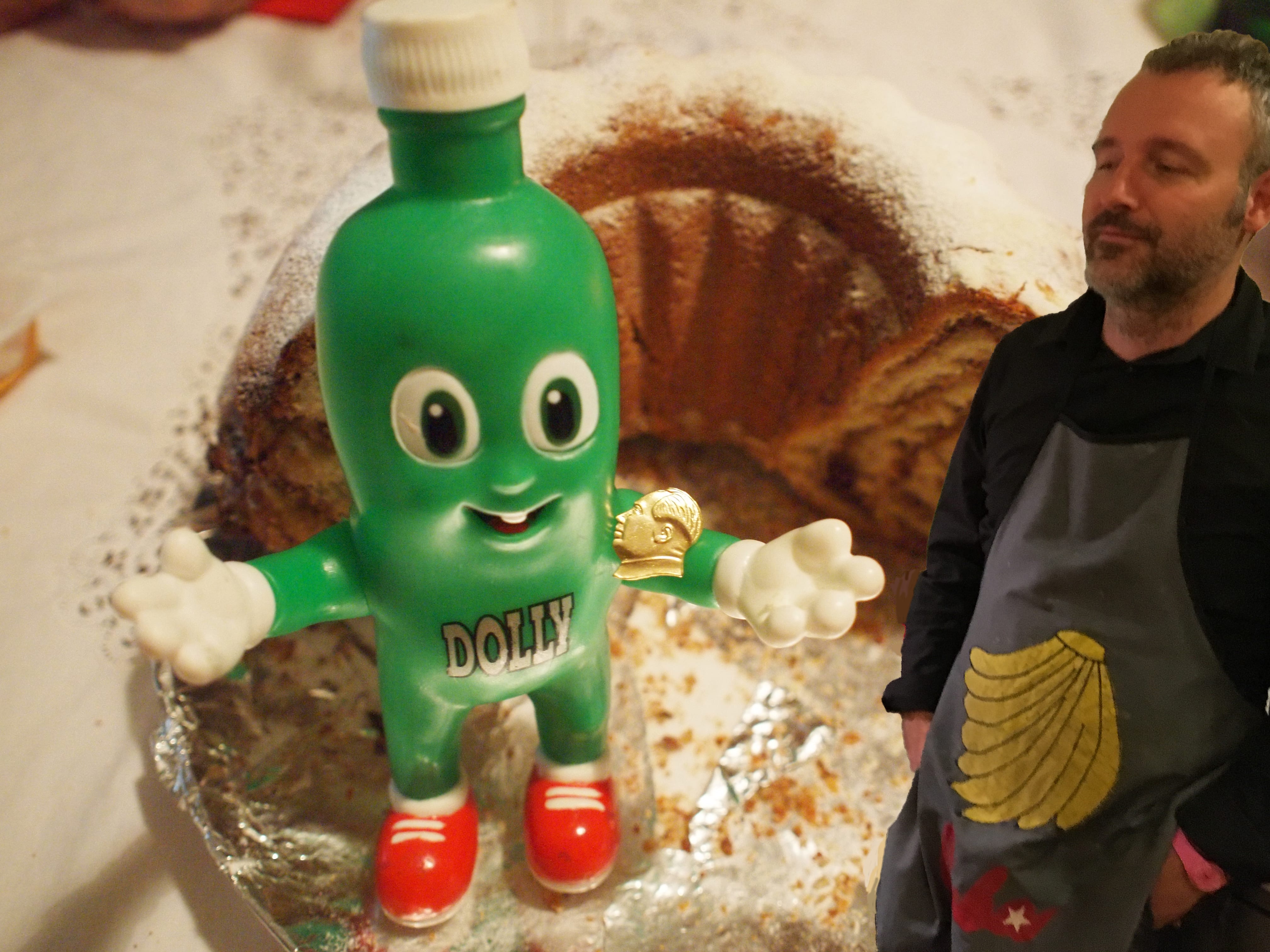What is Lipstick + Bread?
Cooking, eating and the magic created by making both into a social event are at the heart of what we love. We use food to understand life and the world by connecting it with pleasure and conversations.
Lipstick + Bread cooking classes connect pleasure, conversation and culture.
Our specially curated classes are designed to teach creative cooking skills, inspire conversations and broaden horizons on food related topics.
The curated classes are unique in their perspective on food and cooking. How is food inspired by poetry, literature, music and film? How do multicultural communities create connections through cooking? Can gastronomy teach us to better understand pleasure? How do you mix the perfect rum cocktail and what can we learn form pirate culture today? How to cook Sardinian magic?
Classes include: Pirate Food, Comfort Food, Socialist Food and Boogaloo Food
Each class includes hands on cooking experience of a set of thematically curated dishes and accompanying cultural content in the form of presentations, films, music adventures and conversations. Participants will of course eat all the delicious food at the end of the class and will receive a copy of our own special EAT ME zine with a selection of curated recipes.
Our cooking classes teach you how to cook amazing food and aim to connect food with stories that provoke, question and inspire. Together with cooking you will learn the stories behind the dishes and discover your place in them.
Have a look at our amazing classes here and book the one you like the most. We are looking forward to see you soon.
So, who is Lipstick + Bread?
Oliver Vodeb
Some of my fondest and most beautiful memories are cooking with my grandmother as a young child in Slovenia. She taught me the importance of cooking with love and eating well in good company. The magic pasta recipes, fresh salads straight from our garden, music always playing in the background and new dishes that we created were mixed with laughter, jokes and golden sunlight through the kitchen window. Deep winter, and the whole house heated when we made the special Slovenian Christmas cake- Potica, a hundred and fifty-year-old table cloth on the table and snow outside the window. Our time together showed me how fresh tomatoes, garlic and olive oil might be transformed into stories of the past, close conversations, joy and laughter. She showed me how great spaghetti, a bottle of red and good company is the perfect recipe for happiness and hedonism.
Cooking has the power to connect us to the world in thoughtful ways, where my passion for travel has enhanced my knowledge of cooking and deepened my love for food from different cultures. Moving to Australia has brought me closer to a wide range of Asian food and the incredibly rich culinary culture of Melbourne inspires me everyday to experiment with new tastes and to wonder at the complexity of our experiences with food. The importance of food to our everyday lives is something that has not been explored nearly enough, and led me to publish the book Food Democracy as part of my investigations as an academic, teacher and researcher.
These lessons on love and the pleasures of food are ones that I continue to share with my family and friends, whether it is cooking with my daughter or creating food related art and design projects. I want to develop these cooking experiences and conversations further through Lipstick & Bread, unique cooking classes where together we will learn about food as pleasure, conversation and culture.
Background
Cooking relates us to the world in ways, which open possibilities to act in the world responsibly. Together with a set of skills, cooking starts and ends with a way of thinking.
While the art of cooking and eating well is of central importance to our lives, largely it has been taken away from us by corporations who offer us bad food and ready-made meals, while feeding us knowledge about food through commercial advertising. Cooking gets many times reduced to watching cooking shows on screens, and the conversations between us all suffer.
Cooking food connects us with pleasure, politics and culture but conversations about these connections are rare. They are important because cooking food crucially defines us as human beings. Food practices reveal our cultural background and largely define our place in society. And food is our most intimate relation to nature.
Cooking demands attention and care, both increasingly lacking in today’s world. The binding power of food, which brings people together, makes cooking for family and friends (or strangers) a truly wonderful pleasure.
The rich connection of food with aesthetic practice, science and philosophy is simply fascinating. To Salvador Dali, “Beauty should be edible, or not at all” and his erotic cookbook Les Diners de Gala full of aphrodisiacs is devoted to pleasure and playfulness. Sigmund Freud thought of appetite as an analogy to our sexual drive (libido). French food designer Marti Guixe creates projects that critique the role of designers as agents of consumerism.
Cooking practices are unique to cultures in which they were cultivated and go hand in hand with societies’ urge to civilize appetite, which basically are processes aiming to regulate pleasure. As the Soviet Union broke down, people were standing in line for days to taste the liberating taste of Pepsi and scientists recently discovered that sugar used in Oreo cookies works on the brain in the same way as cocaine.
In 1669 colonial spice trading made the Dutch East India Company the richest company the world has ever seen. Negro Kiss was an immensely popular candy remaining its name in several European countries till the 1980’s and in the Netherlands even up until 2005. British colonial profits in the Indian city of Kolkata were powered by a one dish meal- the egg roll, so cheap that anyone could afford it and so nutritious to feed the hard working Indian workers.
Flavor patterns crisscross cultures, but also time. Food memories are super strong and detecting familiar flavor in a dish we never tried before can take us back to past times and places, while eating food we loved as children will make us feel home wherever we are.
If we connect cooking with pleasure, conversation and culture we find the potential to reflect on our everyday life in ways, which are empowering and beautiful. Our cooking classes are therefore creative cultural experiences aiming to connect cooking skills and knowledge with conversations on things that matter.




